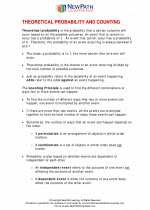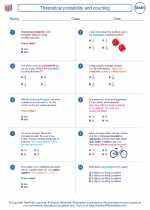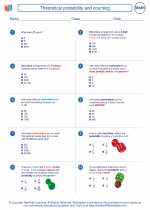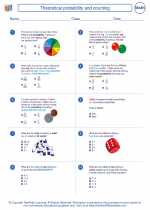Calendar
Introduction
A calendar is a system for organizing days for social, religious, commercial, or administrative purposes. It is a method of measuring time and organizing specific periods of time, such as days, weeks, months, and years.
Types of Calendars
There are different types of calendars used around the world, including the Gregorian calendar, the Islamic calendar, the Chinese calendar, and others. Each calendar has its own way of organizing days and months based on cultural, religious, or historical traditions.
Components of a Calendar
A typical calendar includes the following components:
- Days: The basic unit of time measurement in a calendar.
- Weeks: A group of 7 days.
- Months: A division of the year into 12 periods, such as January, February, March, and so on.
- Years: A larger division of time, typically based on the Earth's orbit around the sun.
Common Concepts Related to Calendars
Some common concepts related to calendars include:
- Leap Year: A year that is one day longer than a regular year, typically occurring every 4 years.
- Days of the Week: These are typically named as Sunday, Monday, Tuesday, Wednesday, Thursday, Friday, and Saturday.
- Holidays and Observances: Special days or periods of time that are recognized and celebrated within a calendar, such as New Year's Day, Independence Day, religious holidays, and more.
Study Guide
Here are some key topics to study when learning about calendars:
- Understanding the concept of days, weeks, months, and years.
- Identifying the days of the week and their order in a calendar.
- Learning about leap years and how they affect the calendar.
- Exploring different types of calendars used in various cultures and religions.
- Studying the history and development of the Gregorian calendar and its impact on the modern world.
By understanding the components, concepts, and history of calendars, you can gain a deeper appreciation for the way time is organized and measured in different societies.
[Calendar] Related Worksheets and Study Guides:
.◂Math Worksheets and Study Guides Eighth Grade. Theoretical probability and counting

 Worksheet/Answer key
Worksheet/Answer key
 Worksheet/Answer key
Worksheet/Answer key
 Worksheet/Answer key
Worksheet/Answer key
